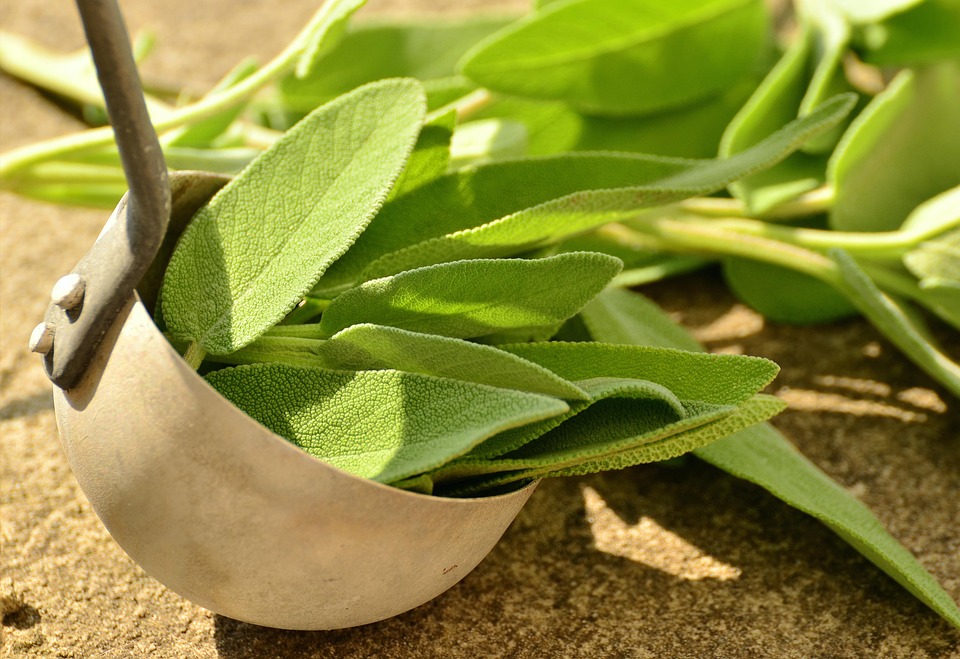Healing herbs can transform your approach to wellness. These little powerhouses, rich in nutrients and benefits, can elevate your health and well-being in ways you might not have imagined. Let’s dive into the world of healing herbs and discover how they can become essential allies in your journey toward vibrant health.
Contents
Why Healing Herbs Matter
In an age where we often seek quick fixes, healing herbs remind us of the power of nature. They offer a holistic approach to wellness that goes beyond symptom management. By integrating these herbs into your life, you’re not just treating ailments—you’re nurturing your body and spirit.
The Benefits of Healing Herbs
- Natural Remedies: Many herbs have been used for centuries to support health and well-being.
- Rich in Nutrients: Herbs are packed with vitamins, minerals, and antioxidants.
- Versatile Uses: You can incorporate them into meals, teas, or supplements.
- Holistic Healing: They often address the root causes of health issues.
Let’s explore ten healing herbs that should be in your wellness arsenal. Each of these herbs offers unique benefits, so you can choose what resonates with your body and lifestyle.
1. Turmeric
Benefits: This vibrant yellow spice is known for its anti-inflammatory properties. Curcumin, its active compound, can help reduce inflammation and improve joint health.
How to Use: Add turmeric to your cooking, blend it into smoothies, or enjoy it as a tea.
Research Insight: Studies have shown that turmeric can significantly reduce pain and improve function in people with arthritis. You can read more about its benefits at Healthline.
2. Ginger
Benefits: Ginger is a powerful digestive aid. It helps alleviate nausea, supports digestive health, and can even relieve menstrual pain.
How to Use: Grate fresh ginger into stir-fries, brew it as a tea, or add it to your morning smoothie.
Research Insight: The anti-inflammatory properties of ginger can also help manage arthritis symptoms. Explore its benefits further at WebMD.
3. Garlic
Benefits: Garlic isn’t just for flavor; it’s a potent immune booster. It has antimicrobial properties and can help lower blood pressure and cholesterol levels.
How to Use: Incorporate fresh garlic into your meals, roast it for a sweet flavor, or take garlic supplements.
Research Insight: Research suggests that garlic can reduce the risk of heart disease. For more insights, check out Mayo Clinic.
4. Peppermint
Benefits: Peppermint is excellent for soothing digestive issues and headaches. Its menthol content can relieve tension and provide a refreshing boost.
How to Use: Brew peppermint tea, add fresh leaves to salads, or use it in aromatherapy.
Research Insight: Studies confirm peppermint’s effectiveness in alleviating symptoms of irritable bowel syndrome (IBS). Learn more at Cleveland Clinic.
5. Ashwagandha
Benefits: This adaptogenic herb helps your body manage stress. It can improve mood, enhance cognitive function, and support energy levels.
How to Use: Take ashwagandha in powder form in smoothies or as capsules.
Research Insight: Clinical studies show that ashwagandha can reduce cortisol levels and improve stress resilience. Read about it on NCCIH.
6. Echinacea
Benefits: Echinacea is well-known for its immune-boosting properties. It can help shorten the duration of colds and respiratory infections.
How to Use: Use echinacea in teas, tinctures, or capsules.
Research Insight: Research has shown that echinacea can reduce the risk of catching a cold. For detailed information, visit National Center for Complementary and Integrative Health.
7. Chamomile
Benefits: This calming herb is perfect for promoting relaxation and improving sleep quality. Chamomile can also aid digestion and reduce anxiety.
How to Use: Enjoy chamomile tea before bed, or use it in essential oils for aromatherapy.
Research Insight: Studies indicate that chamomile can significantly improve sleep quality. Discover more at Sleep Foundation.
8. Holy Basil (Tulsi)
Benefits: Holy Basil is revered in Ayurvedic medicine for its ability to combat stress and enhance mental clarity. It also supports respiratory health.
How to Use: Brew holy basil tea or add fresh leaves to your meals.
Research Insight: Research highlights its adaptogenic properties, which can help the body adapt to stress. Check out more on NCCIH.
9. Milk Thistle
Benefits: Milk thistle is known for its liver-protective qualities. It can aid detoxification and support liver health.
How to Use: Take milk thistle in capsule form or as a tea.
Research Insight: Studies show that milk thistle can help protect the liver from toxins. Read more about it at Mayo Clinic.
10. Cinnamon
Benefits: This aromatic spice can help regulate blood sugar levels and has anti-inflammatory properties. It’s also a delicious addition to various dishes.
How to Use: Sprinkle cinnamon on oatmeal, blend it into smoothies, or use it in baking.
Research Insight: Research indicates that cinnamon can improve insulin sensitivity. For further reading, visit Healthline.
Bottom Line
Incorporating these healing herbs into your life can profoundly impact your well-being. They offer a natural, effective way to support your body’s needs while embracing a holistic approach to health. Remember, these herbs are allies in your wellness journey.
So, why not start today? Choose one or two herbs that resonate with you and explore their benefits. Your body—and mind—will thank you for it.
FAQs
1. Can I take multiple herbs at the same time?
Yes, many people combine herbs for enhanced effects. However, consult with a healthcare provider if you’re on medications.
2. How do I know which herbs are right for me?
Consider your specific health goals and preferences. It might also be beneficial to speak with a herbalist or healthcare professional.
3. Are there any side effects?
While herbs are generally safe, some may interact with medications or cause allergic reactions. Always do your research and consult a professional if unsure.
Embrace the power of healing herbs and elevate your wellness journey today!








